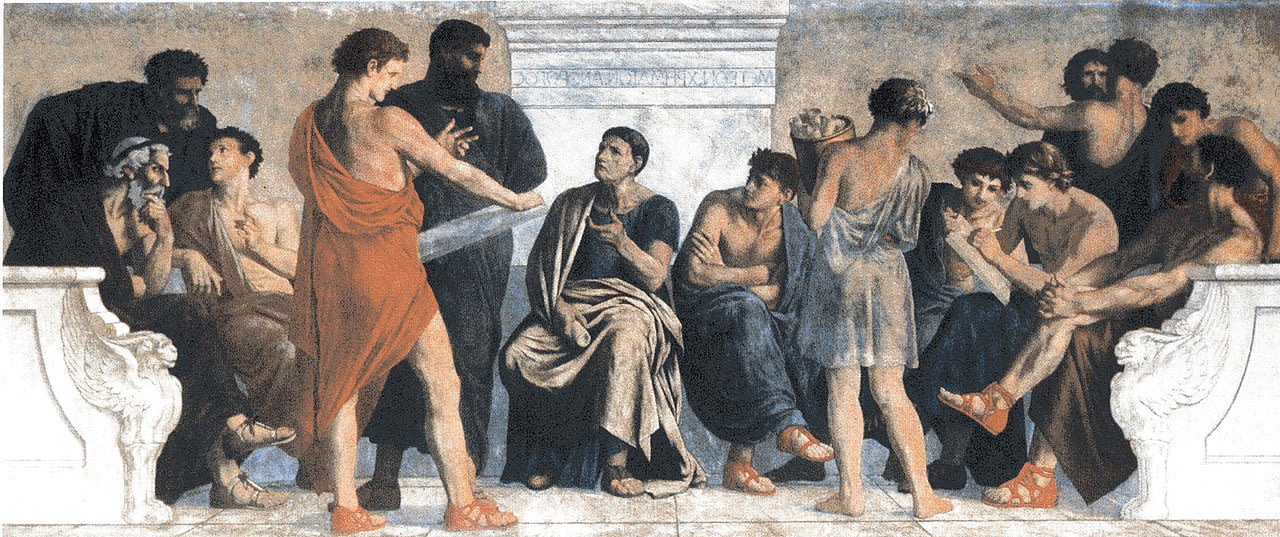In part one of this series, I recounted Jonathan Haidt’s contention that we are living in a post-Babel era. I also noted that Haidt suggests we must achieve three goals if democracy is to remain viable in our post-Babel era. He says we must
Harden Democratic Institutions
Reform Social Media
Prepare the Next Generation
It is intriguing that Dorothy Sayers was responding to a similar preliminary malaise in her own generation when she wrote her now notable essay, “Lost Tools of Learning.” Her observation seems to have anticipated our own situation. Sayers writes,
By teaching them all to read, we have left them at the mercy of the printed word. By the invention of the film and the radio, we have made certain that no aversion to reading shall secure them from the incessant battery of words, words, words. They do not know what the words mean; they do not know how to ward them off or blunt their edge or fling them back; they are a prey to words in their emotions instead of being the masters of them in their intellects. We who were scandalized in 1940 when men were sent to fight armored tanks with rifles, are not scandalized when young men and women are sent into the world to fight massed propaganda with a smattering of "subjects"; and when whole classes and whole nations become hypnotized by the arts of the spellbinder, we have the impudence to be astonished. We dole out lip-service to the importance of education—lip-service and, just occasionally, a little grant of money; we postpone the school—leaving age, and plan to build bigger and better schools; the teachers slave conscientiously in and out of school hours; and yet, as I believe, all this devoted effort is largely frustrated, because we have lost the tools of learning, and in their absence can only make a botched and piecemeal job of it.
Sayer’s concern—that her generation needed to recover the tools of learning if the next generation was to be able to fight off the mass propaganda and escape “the art of the spellbinder”—did prognosticate the scandal of our own generation—the post-Babel era where we are disconnected to both our neighbor and to the past, where there is little sensus communis (part 2).
This is why I want to focus on Haidt’s third essential goal—to better prepare the next generation for democratic citizenship in this new age of technology—here in part three.
For Haidt, preparing the next generation is mostly accomplished by unsupervised free play—which, he argues, is nature’s way of cultivating the “art of association.” While I do believe there is merit to Haidt's assertion, I want to argue along with Sayers (however incomplete her own explanation of it was) that Classical Christian Education is in fact the optimal vehicle for unstupiding our own as well as the next generation.
My assertion lies in what I believe are seven key characteristics of Classical Christian Education. In a nutshell, it is the timeless and harmonizing approach to preparing the next generation with wisdom, virtue, and sensus communis—the three ingredients in for a stable, thriving culture.
Keep reading with a 7-day free trial
Subscribe to Rumbling Toward Heaven to keep reading this post and get 7 days of free access to the full post archives.




